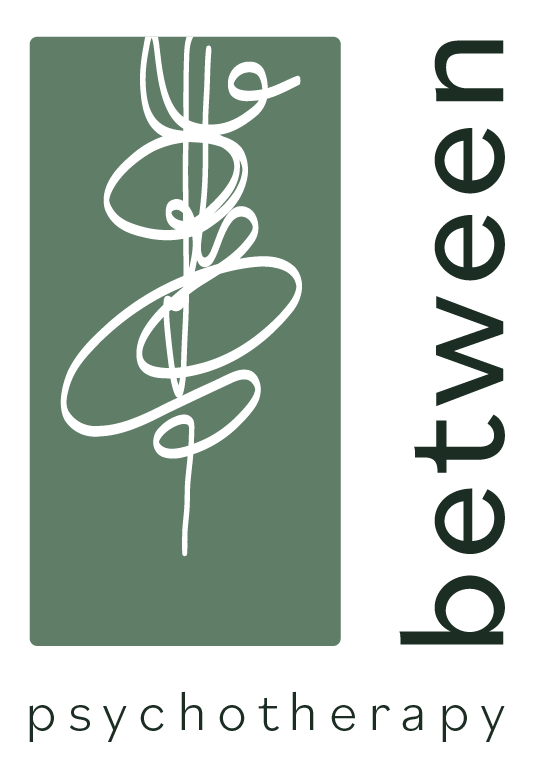How does family therapy benefit kids and adults?
For a variety of reasons, parents and guardians*** have been utilizing psychotherapy for their children and teenagers more than ever before. If you spent any amount of time looking into therapy for your child, you will know that there are many ways to go about therapy: play therapy, equine therapy, parent coaching…the list goes on. All of these modalities are good and helpful, but I want to offer another (and less popular) solution: family therapy.
I’ve noticed that the suggestion of family therapy can elicit a cringe, cause a rapid change in topic, or even get shut down as unnecessary before I have a chance to say more. The reality is that most people don’t understand the “why” of family therapy and find the idea of a professional “fixing” their kid far more appetizing. We are all too busy, we all need more help with our kids, and if we are honest, the idea of allowing our kids to talk about us in front of a professional is more than a little intimidating. Or it might be hard to imagine that our kids would be willing to talk about us in front a professional.
But I have seen and believe that family therapy is actually a really great solution for both kids and their parents.
Early in my career I worked primarily with teenage clients. And behind every distressed teen was a strained parent relationship. I tried everything to change the relational dynamics- providing feedback sessions for parents, offering parent coaching, supporting the teen in having a conversation with the parents. Even though I’m pretty good at what I do, none of it worked. All my attempts to improve the relationship between my client and their parents were unsuccessful because I was telling them what to do rather than helping them do it, in real time. I couldn’t create safety, or closeness, or vulnerability between them by telling them to go say or try a certain thing at home. There were way too many variables to control in those scenarios.
—Family therapy offers help in real time. It helps you organize your hurts and frustrations and share them in a way that the other family members can hear without immediately becoming defensive. The family therapist helps draw out what’s really going on inside the heart and mind of the family, rather than allowing the tip of the iceberg to dominate the room (for example, it’s way less about breaking a curfew than it is about a need for more closeness and connection).
We all know that we learn best in real time, as long as it’s safe. That language is best picked up when surrounded by native speakers. We learn to drive a car by actually driving a car, ideally with a supportive adult. The same is true with changing our experience with those we love. And when we can change our emotional experience with our children, we actually decrease anxiety, depression, and chronic pain in both parents and kids.
And even though we don’t like to admit it, the best answers are rarely the easy ones. My experience with family therapy is that it works faster, and lasts longer than the work done with one on one with a child or teen. It manages to change both the child and the parents. It changes the entire family system.
It’s also important to know that the right family therapist will always hold the good intention of the parents. We know that what we do with our children is born out of love and a desire to help them. We recognized the hierarchy in the family, and do not expect parents to disclose inappropriate information about themselves or the family unit. We allow kids to play and parents to parent, while working with and connecting everyone.
***For flow, I will use the word “parent” to include all guardians or caregivers in a child’s life.

